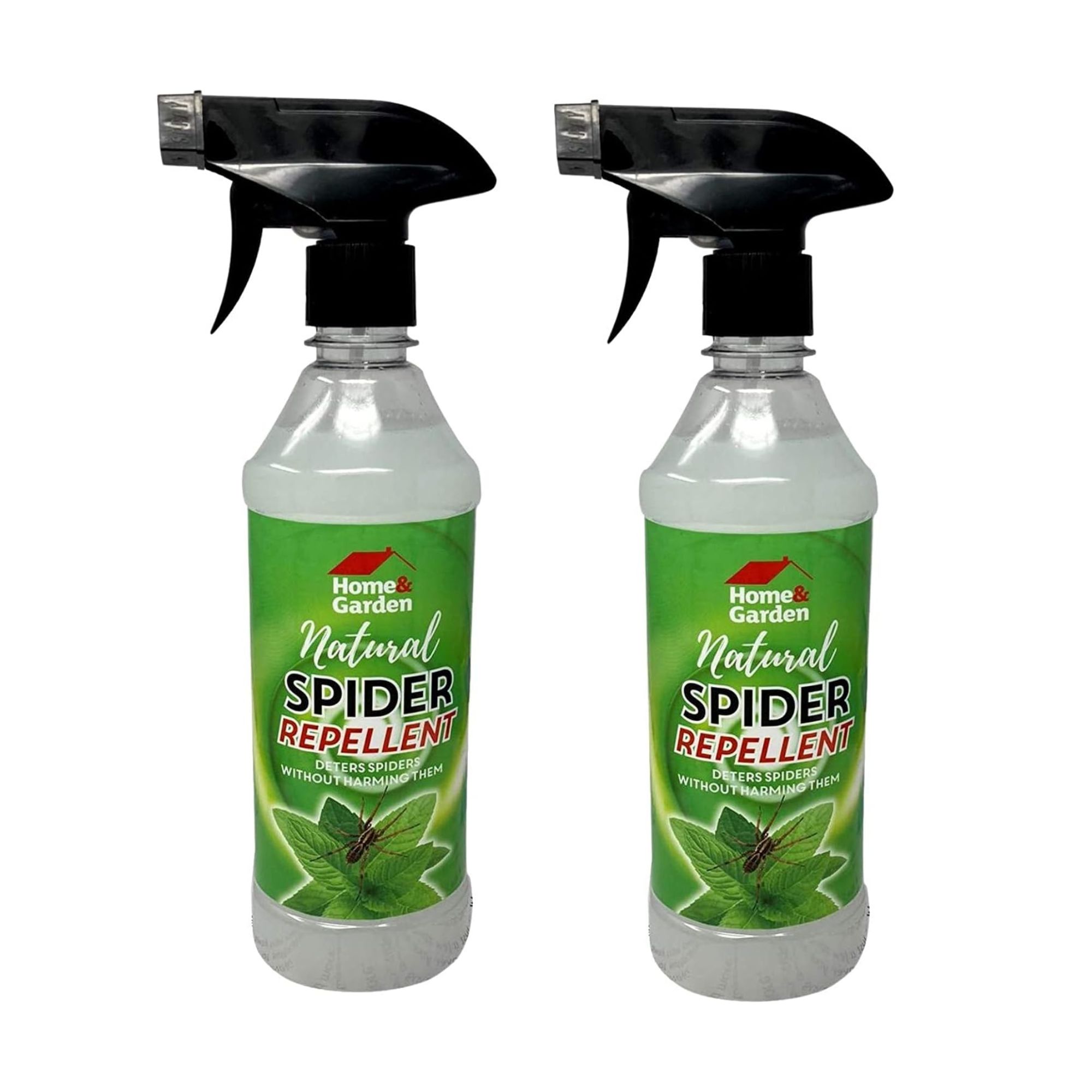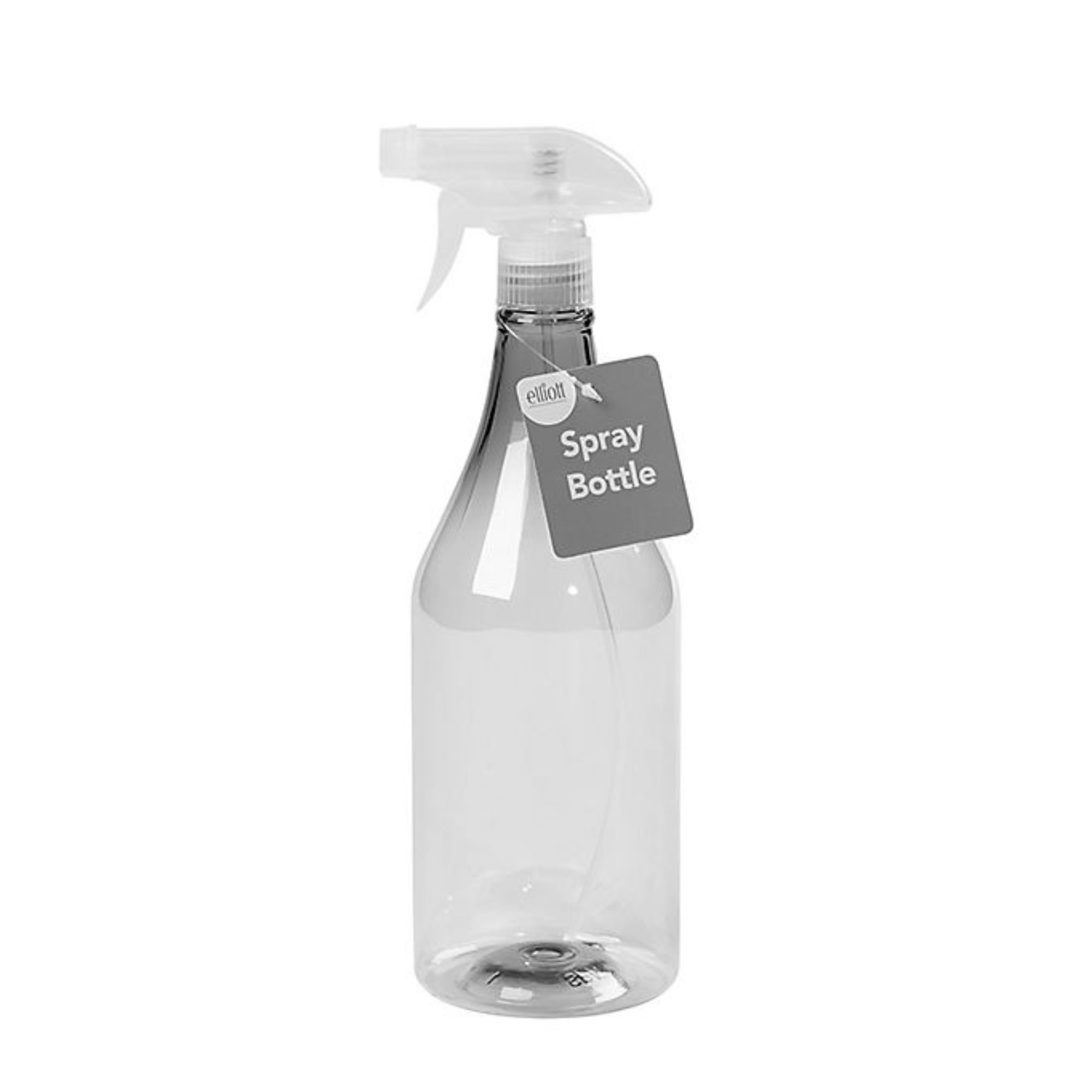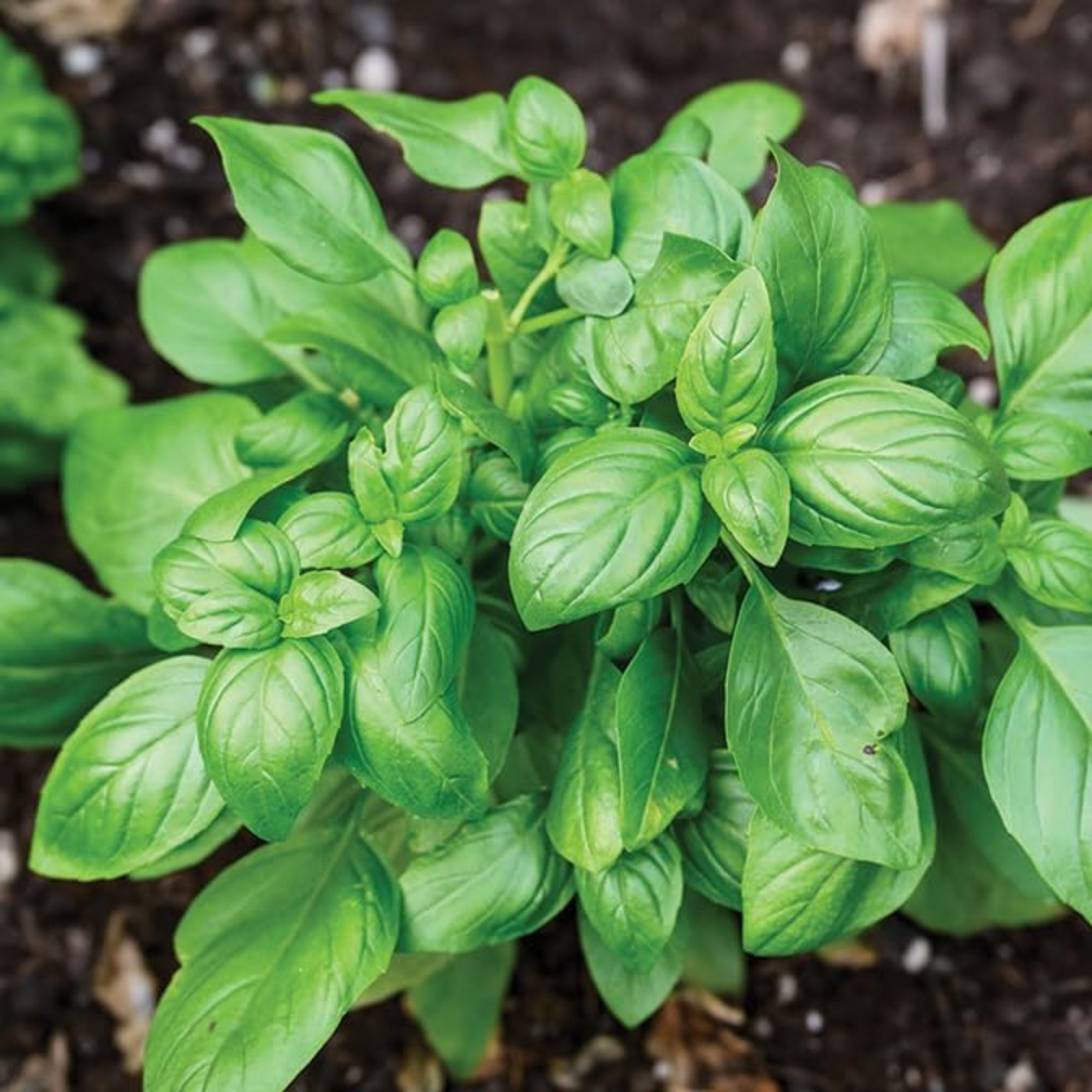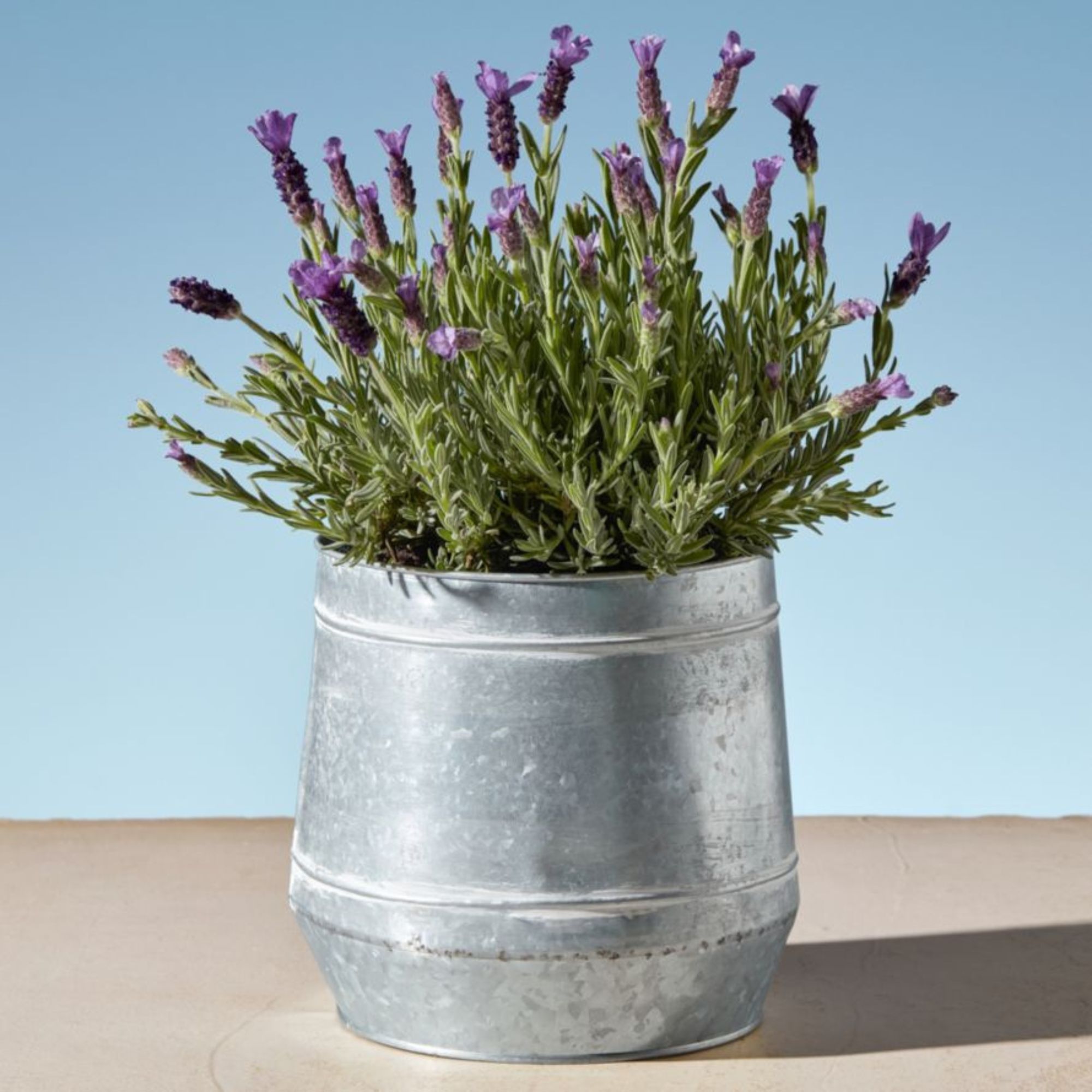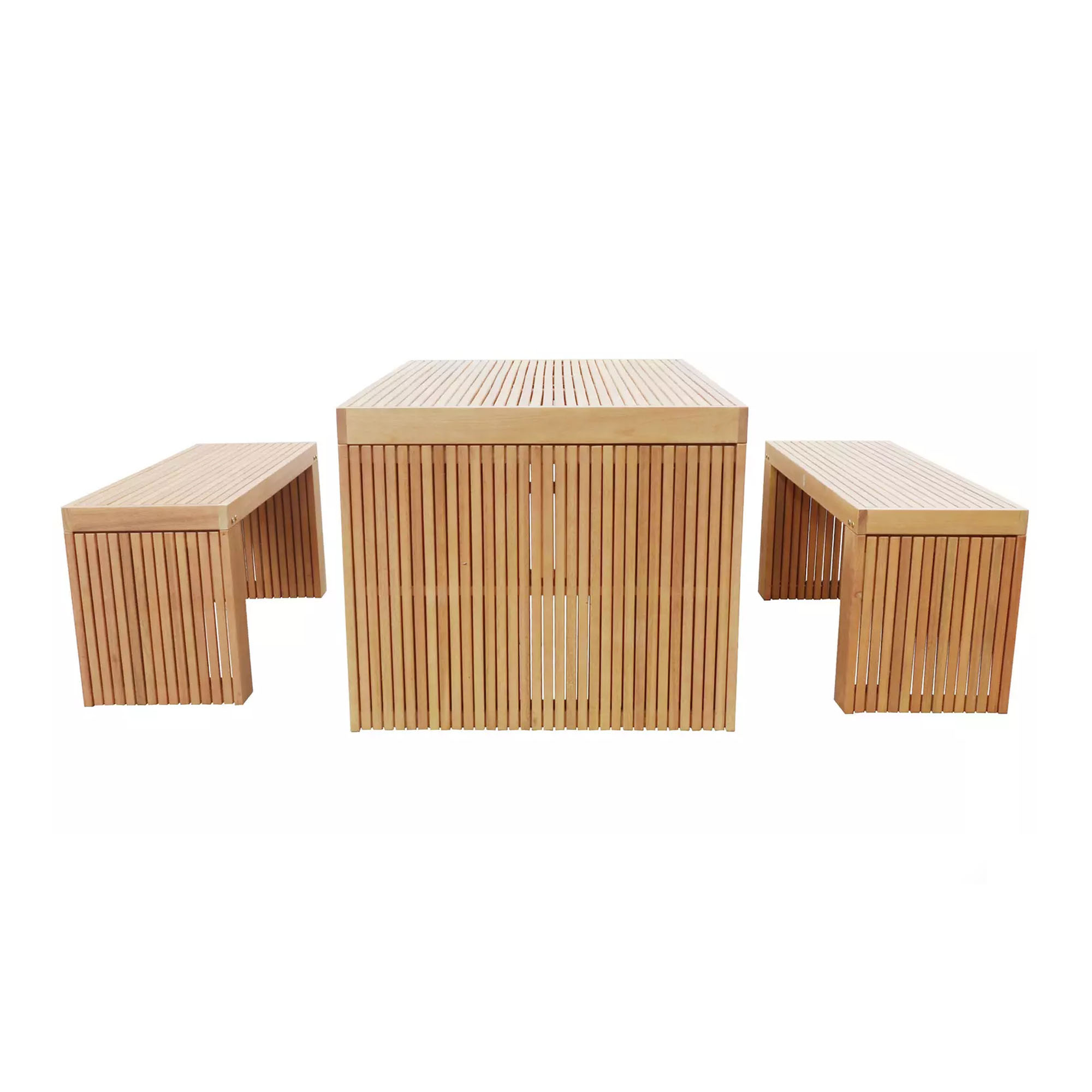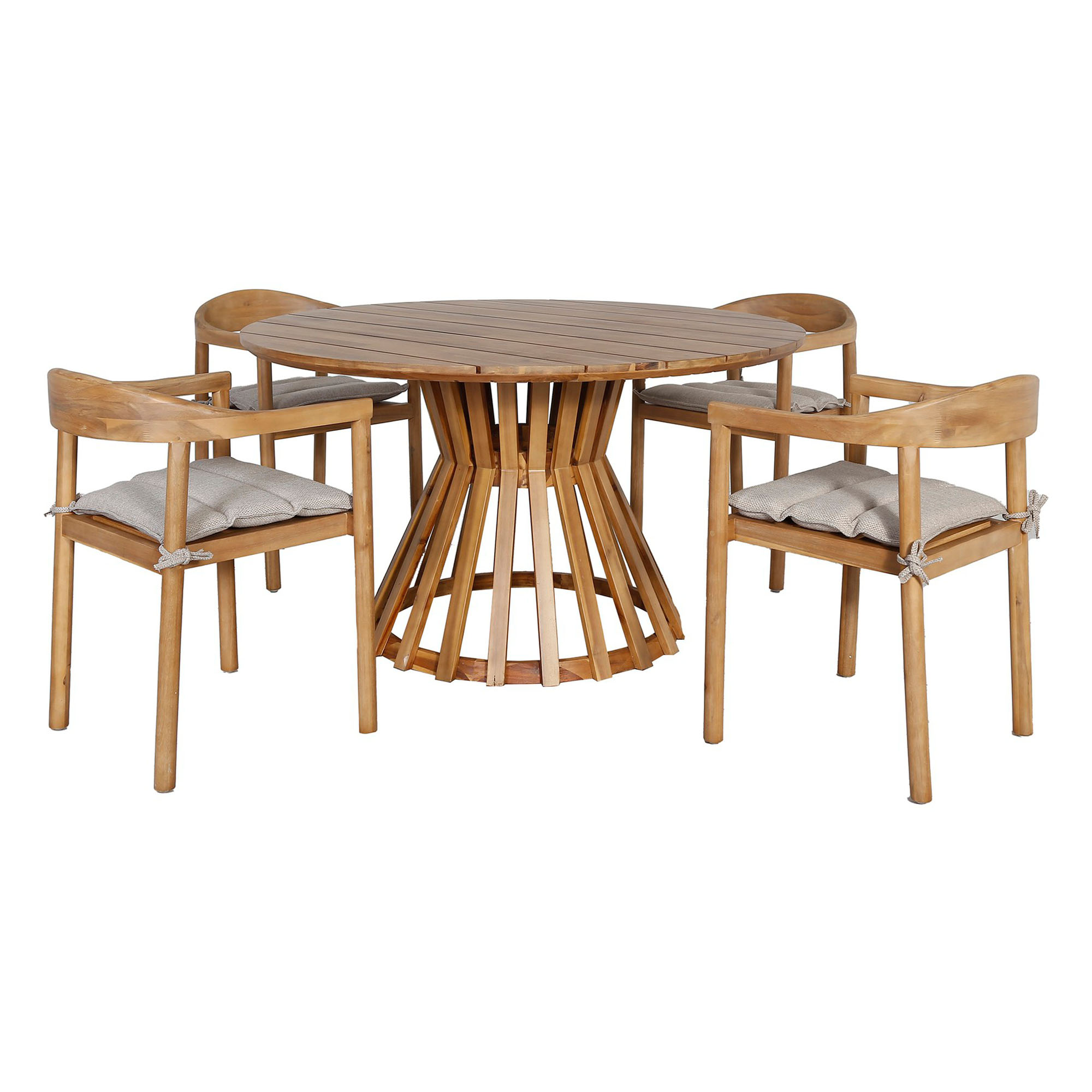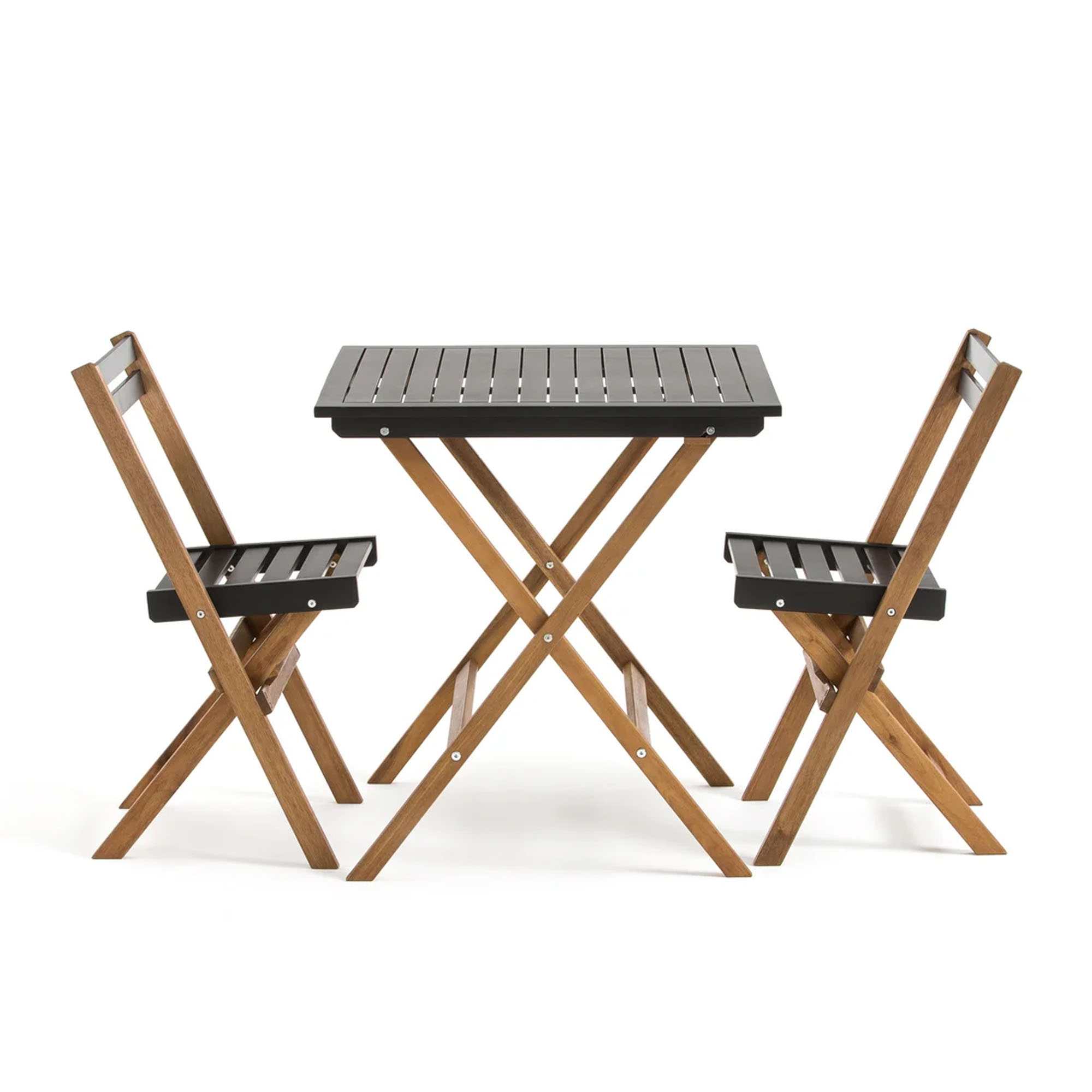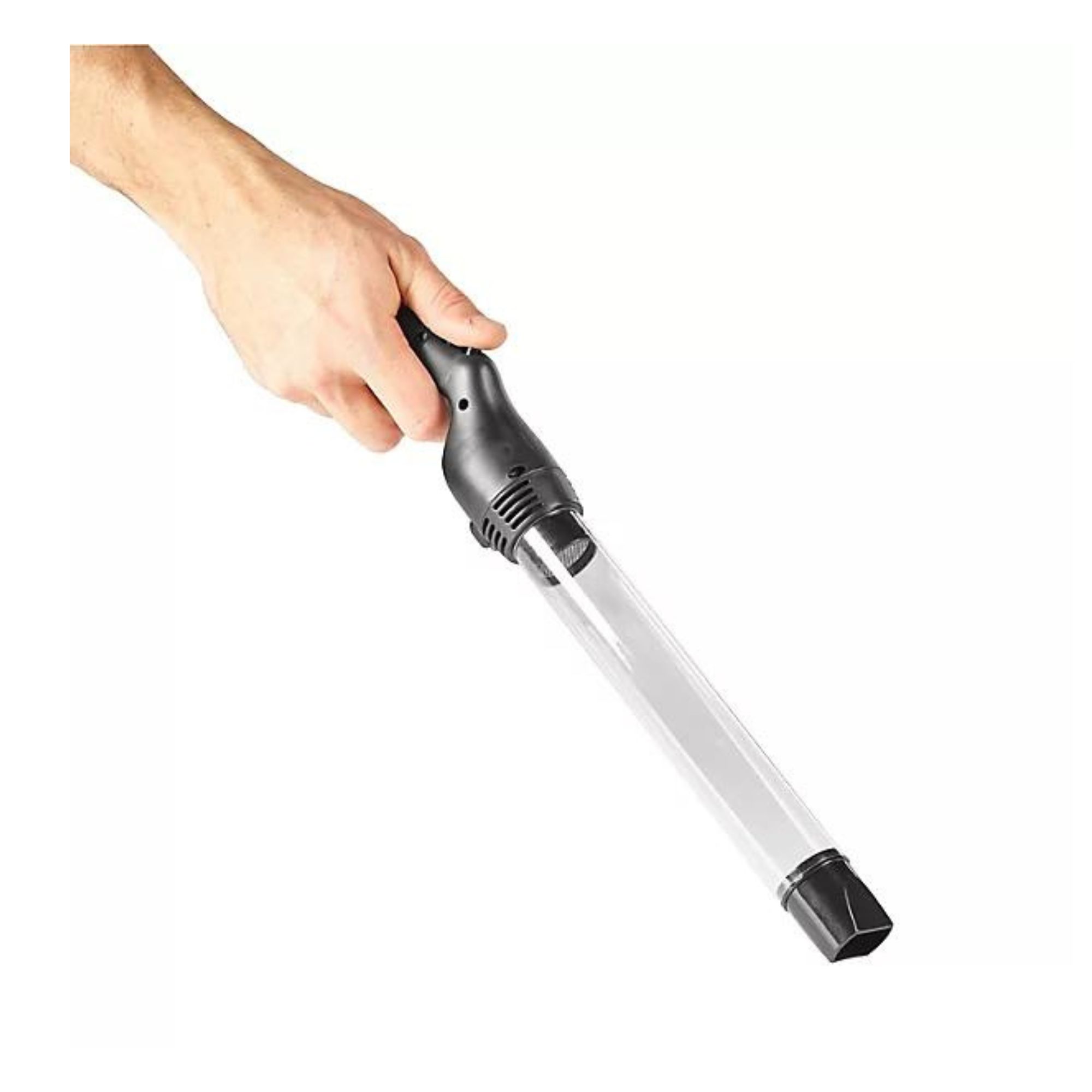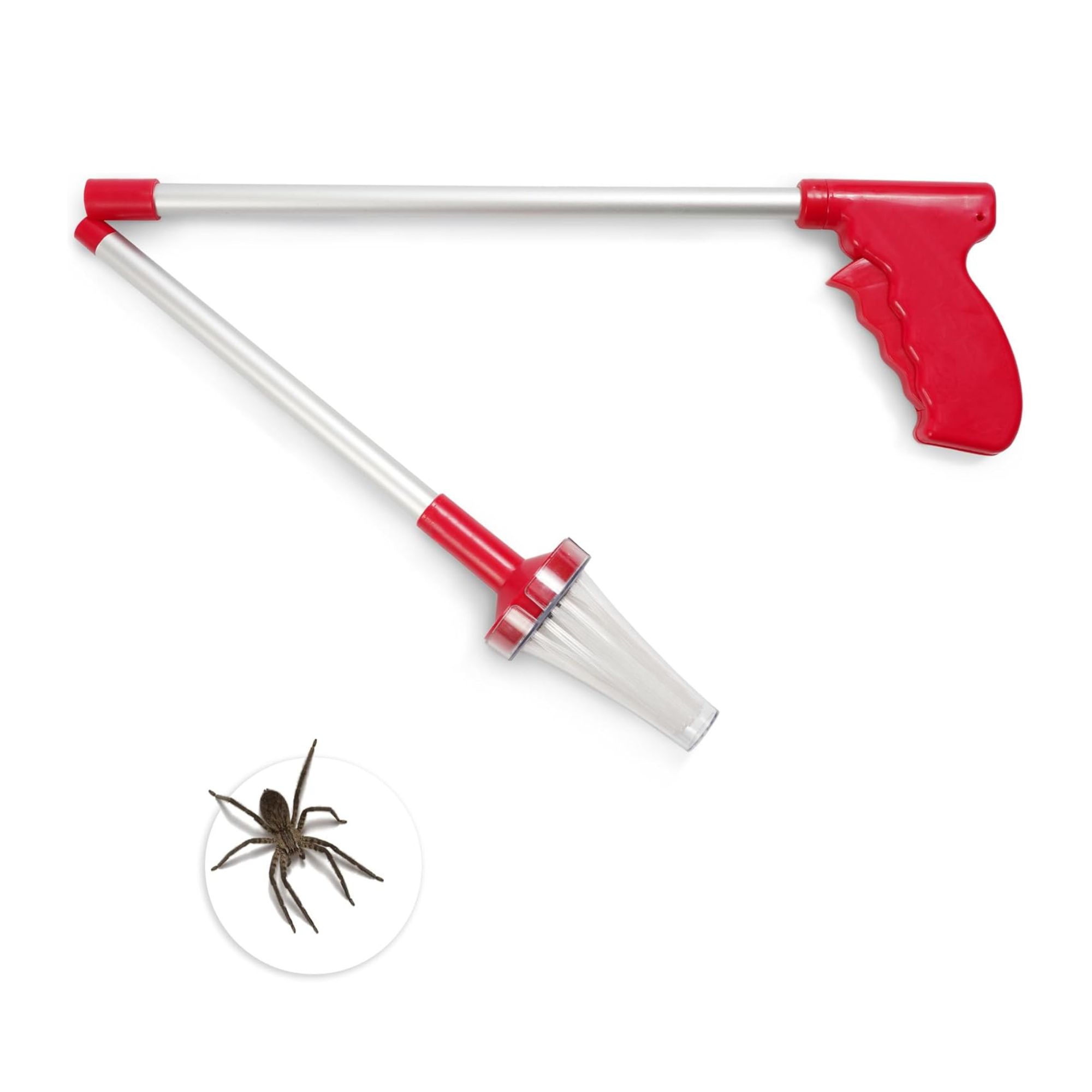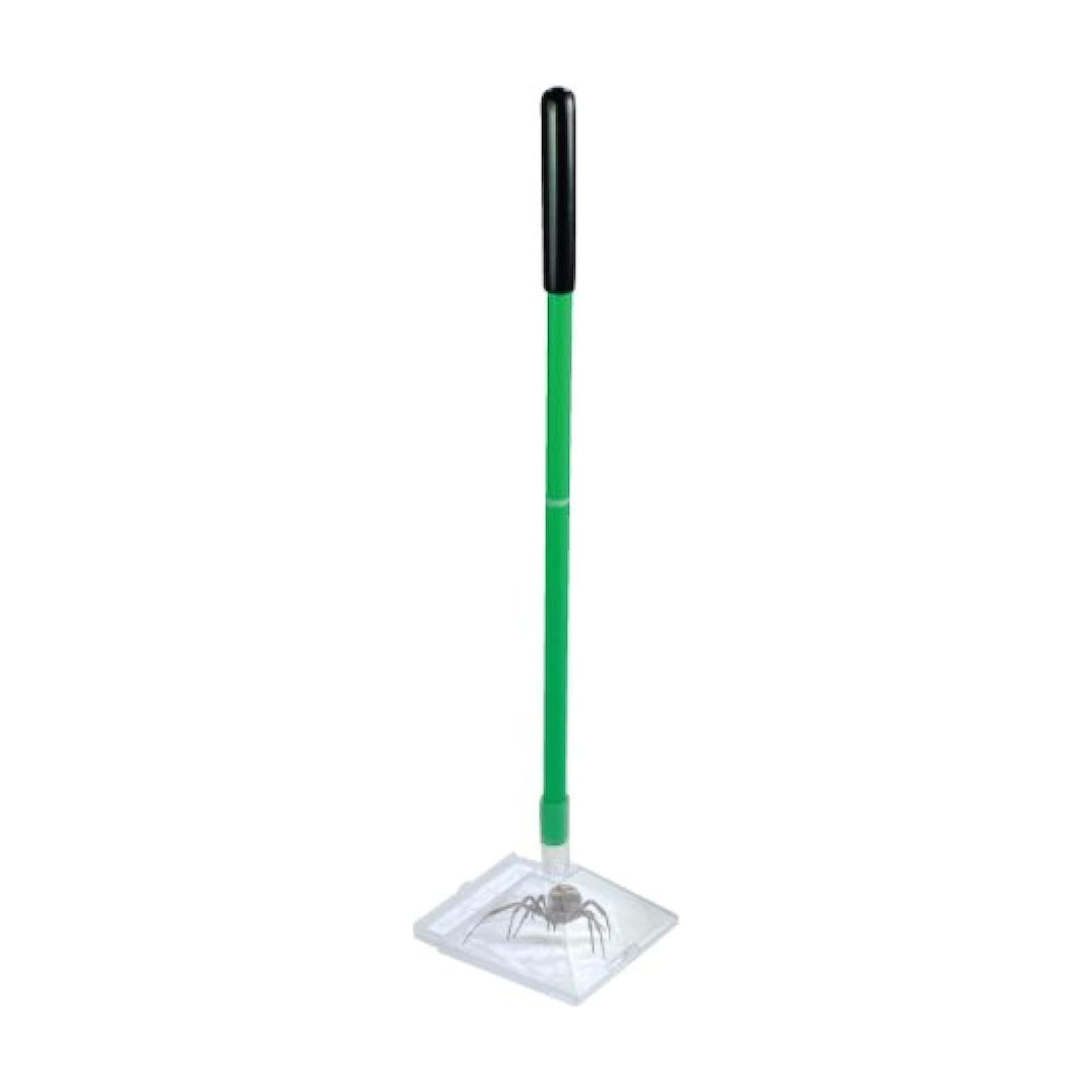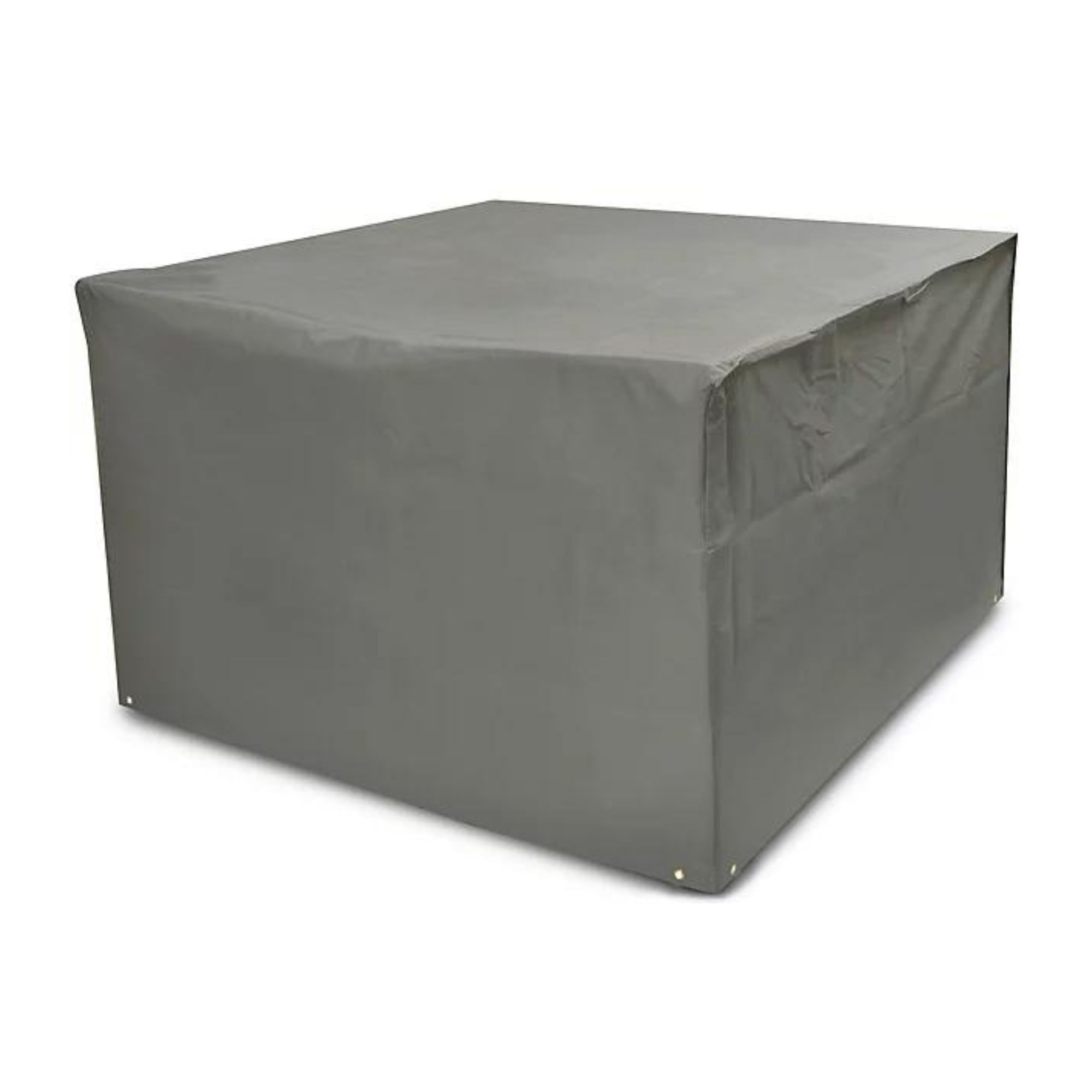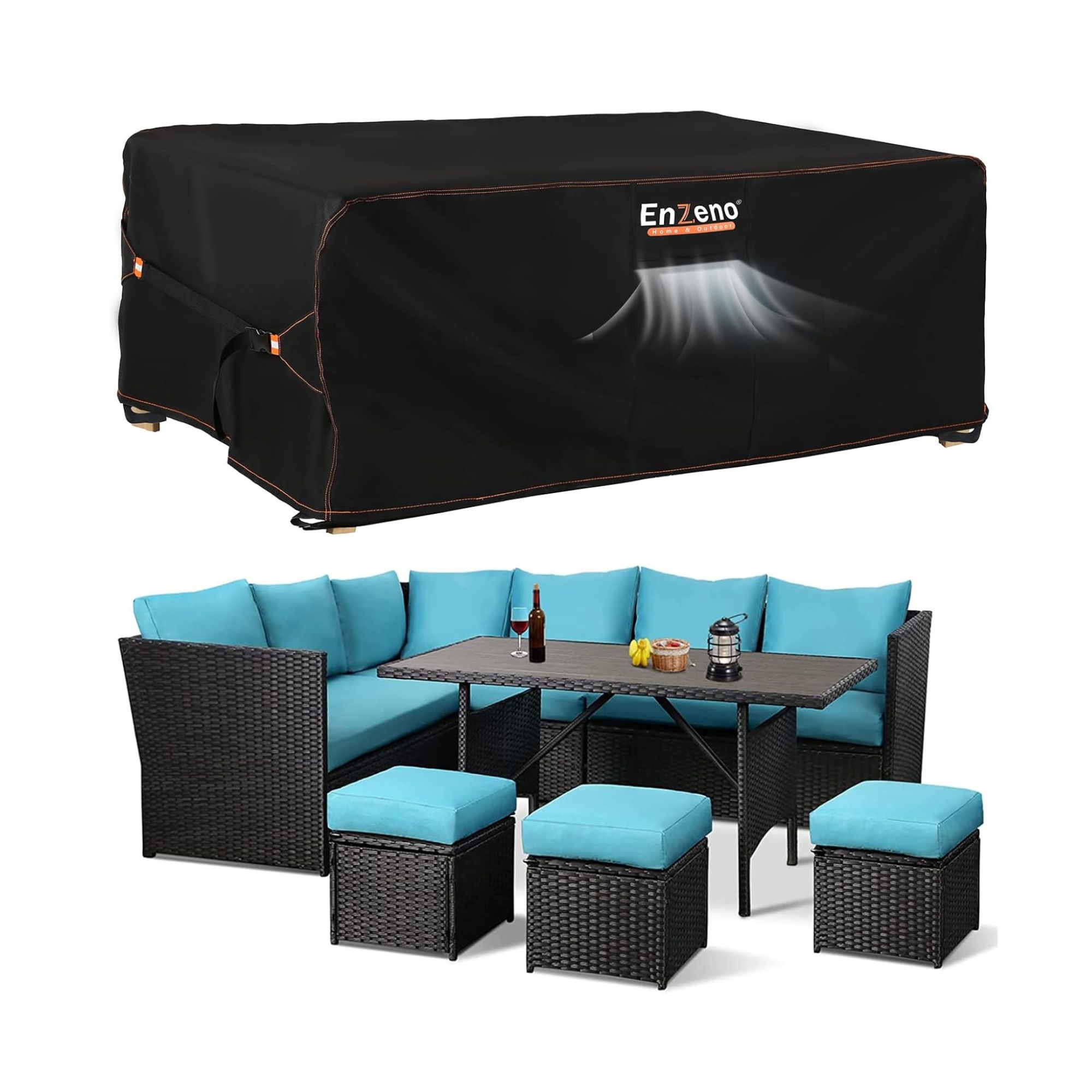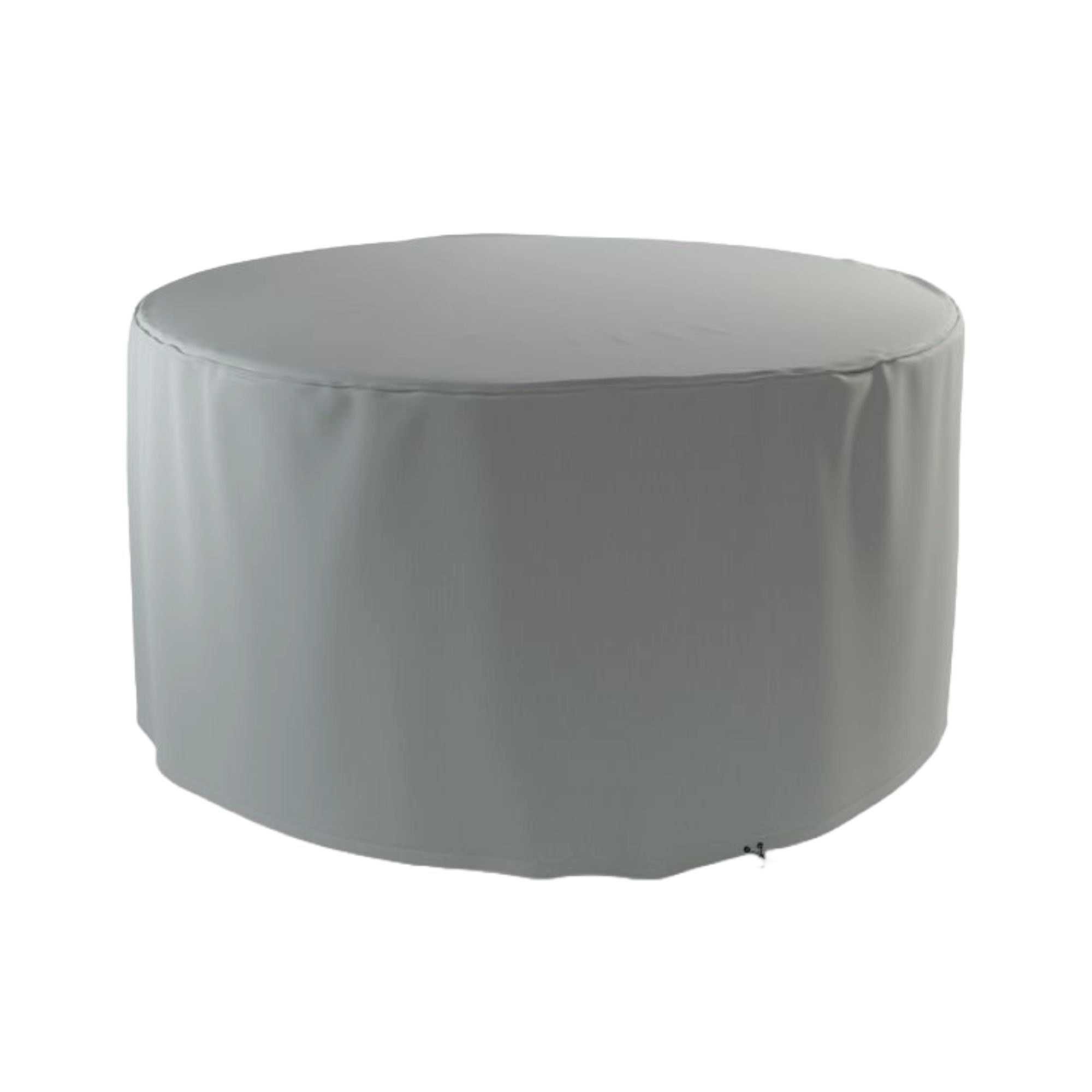How to keep spiders off garden furniture – 5 ways to keep these creepy crawlies (and their cobwebs) at bay
Sorry, spiders, but you weren’t invited…

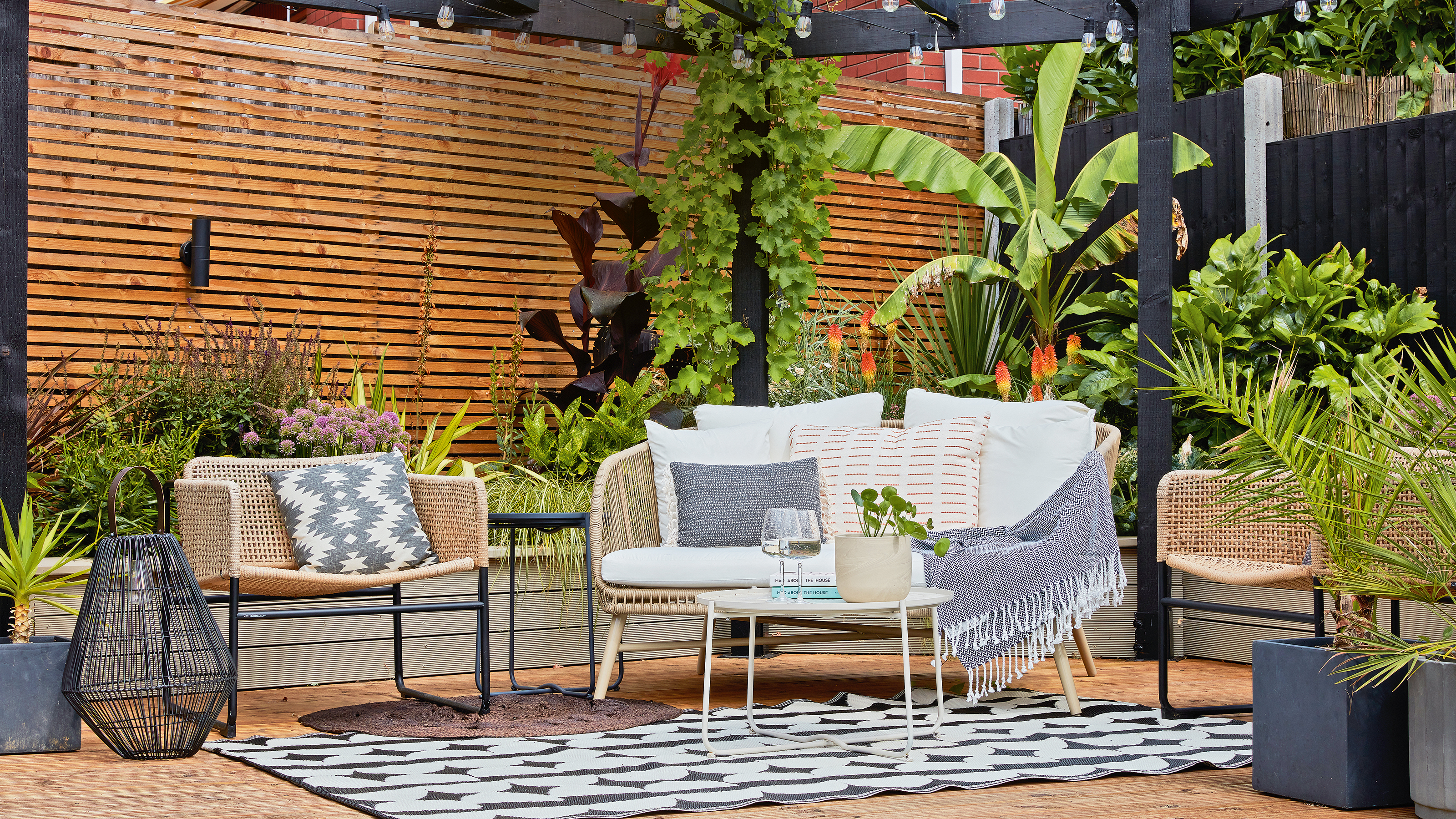
Nothing ruins a garden party quite like the scream of someone spotting a spider scuttling across their cushion. And nobody likes a party crasher (or should we say party crawler?), which is why everyone should know how to keep spiders off garden furniture.
Yes, there’s no doubt that the best garden furniture can serve as the pièce de résistance to your outdoor space. It can completely transform your garden and give you a designated area to lounge, dine, or simply enjoy your morning coffee. But we will assume that most people want to do this alone or with the people they invite into their homes, rather than arachnids.
So while we know how to get rid of spiders in the house, what about the incy-wincy spiders who claim your garden furniture as their own? Well, they’re a little trickier to get rid of, but it’s not impossible. Here are 5 ways to keep spiders (and their cobwebs) off your garden furniture.
1. Make your own scented spray
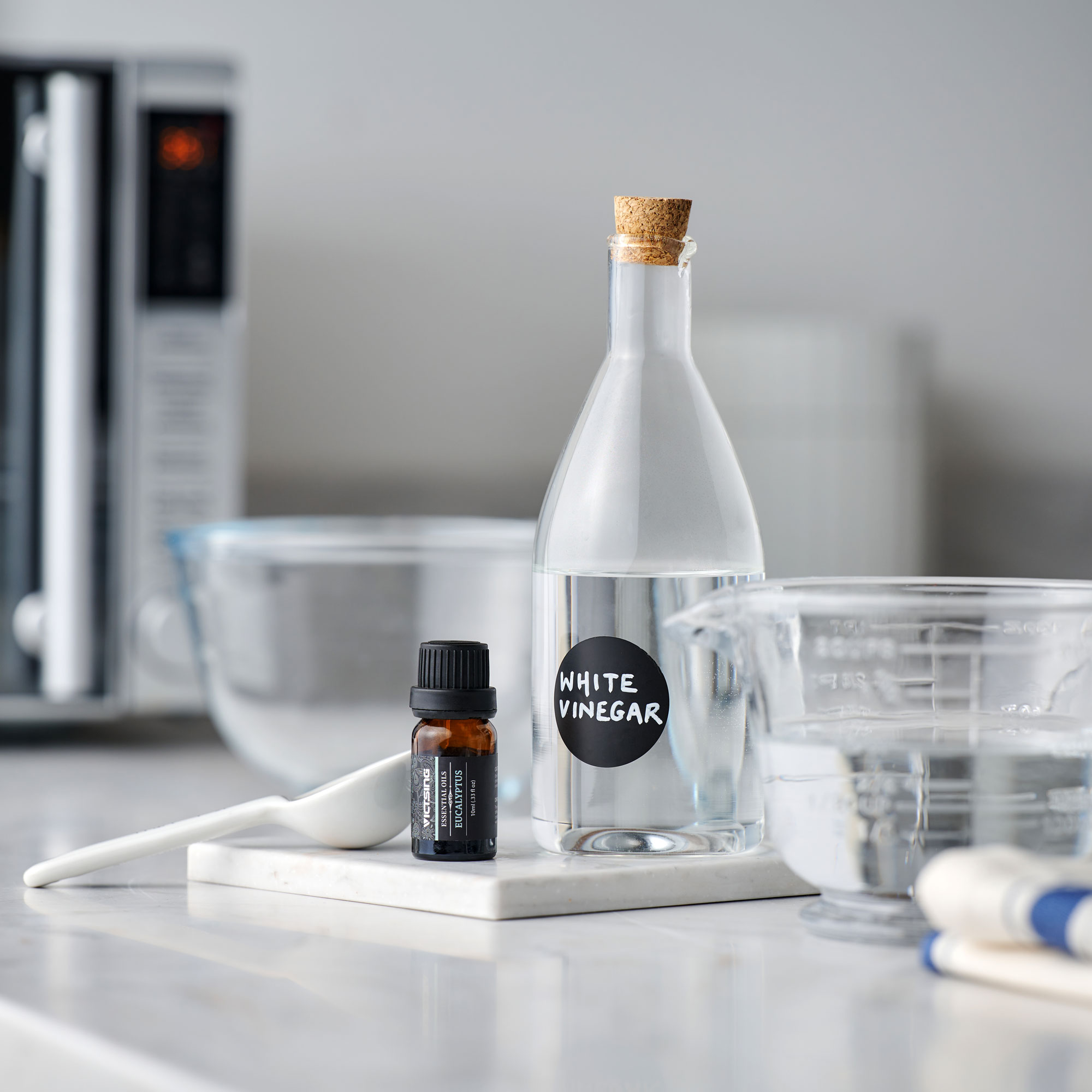
While you can use essential oils for cleaning and even to keep clothes moths at bay, you can also use essential oils to make your own spider-repellent scented spray. After all, spiders actively avoid strong fragrances - meaning they should also avoid your garden furniture if you’re clever enough.
By making a scented spray, you can spritz this onto your garden furniture and ward off spiders. You just need to make sure that you top it up every now and then (especially after it rains) to ensure the spiders stay away.
But what scents should you use? Alan Murphy, store manager, at OutdoorLiving.ie explains, ‘Spiders dislike certain scents, such as peppermint, tea tree and eucalyptus. Mix water with essential oils like peppermint, and spray it onto the furniture with a clear spray bottle.’
Creating a mixture of white vinegar and water can also ward off any spiders. Plus, it'll help you clean your garden furniture at the same time.
Sign up to our newsletter for style inspiration, real homes, project and garden advice and shopping know-how
2. Plant spider-repelling plants nearby
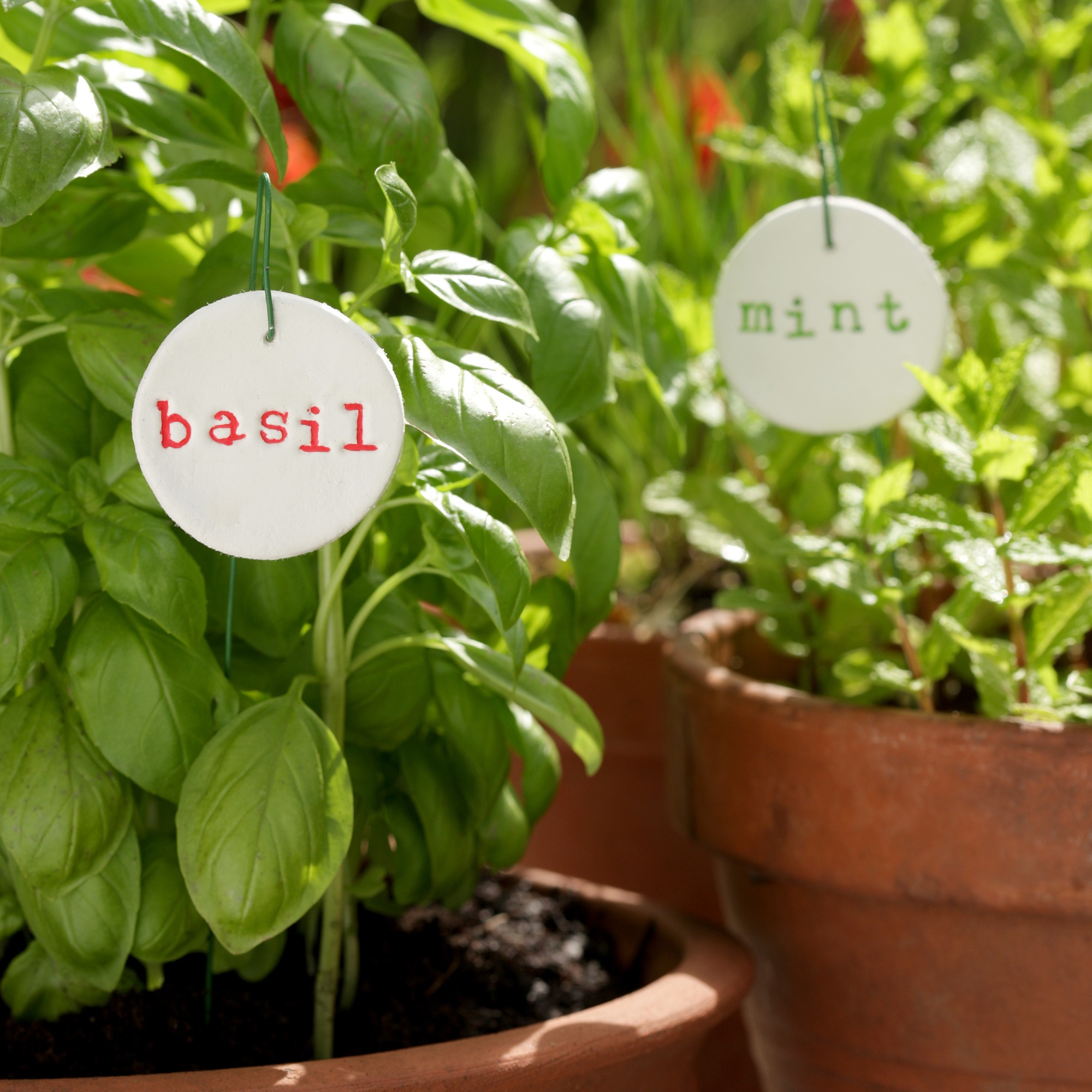
If you have space around your garden furniture for plants, this can also work in your favour. In fact, many of the plants that slugs hate are also despised by spiders.
Outdoor furniture expert Ryan Kaila from Kingfisher Direct explains, ‘To avoid spiders on your outdoor furniture, place an abundance of spider-repelling plants nearby. Basil, lavender and mint are plants popularly known for repelling spiders due to their strong fragrance.’
He adds, ‘Not only will these plants repel spiders, but they are visually appealing and provide a pleasant fragrance throughout your garden.’
As these plants all grow well in pots, you could also create a small container garden if you want to keep spiders off the garden furniture on your balcony or patio.

Ryan Kaila is the category manager for outdoor furniture at Kingfisher Direct Ltd. He has developed a wide range of knowledge about the design and maintenance of outdoor furniture. He is always keen to share his knowledge with customers so they can provide the proper care for their outdoor furniture and ensure that they get the best out of it.
3. Choose your furniture wisely
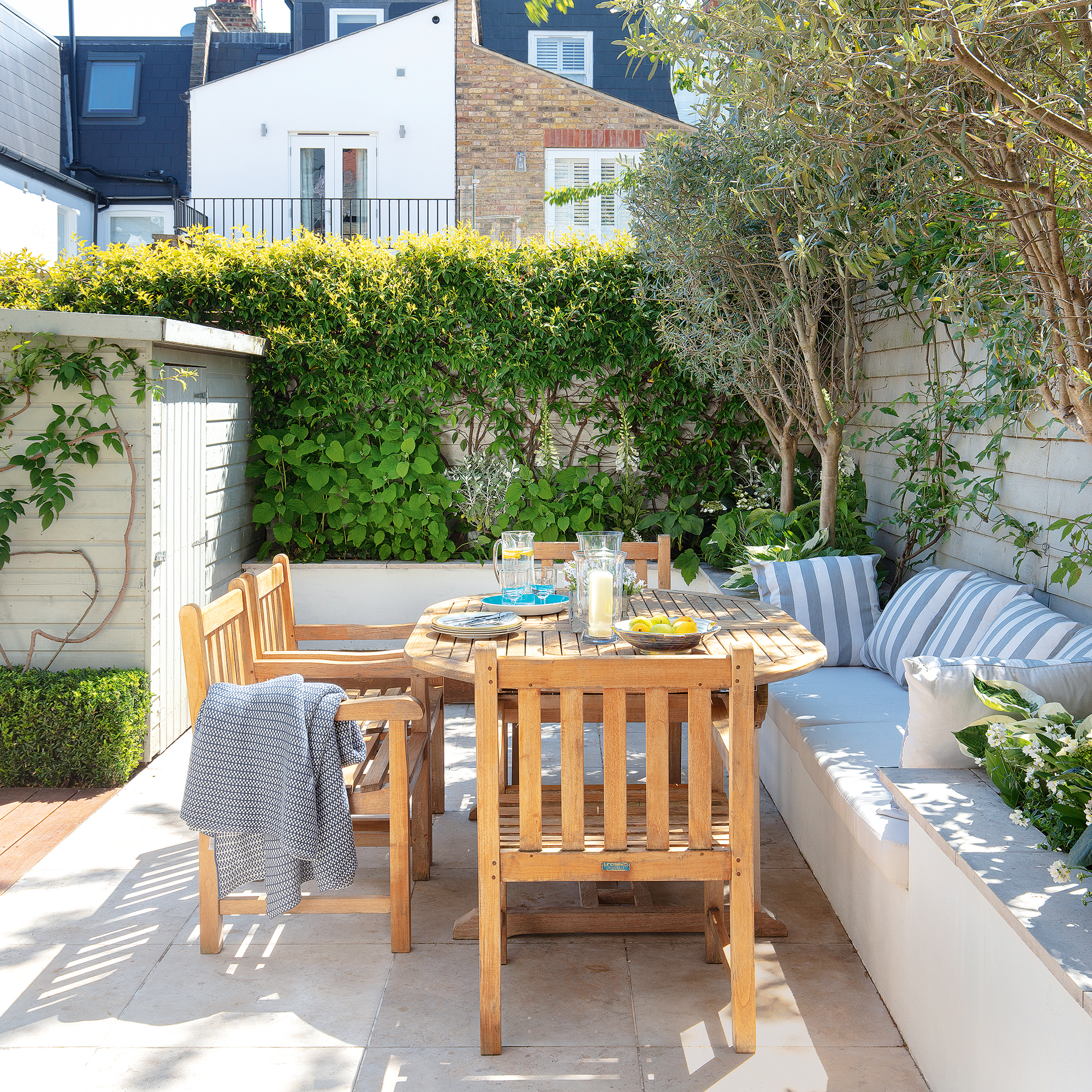
The best garden furniture comes in so many shapes and sizes, but what you might not realise is that some garden furniture is more appealing to spiders than others. So, if you’re in the market for some new pieces, you should know what to avoid.
‘When choosing your garden furniture, avoid intricate designs that have a lot of crevices as this can make the perfect hiding spot for spiders,' explains Ryan. 'For example, furniture made from rattan is ideal for spiders as they burrow in between the crevices where the rattan interlocks.’
For this reason, it’s better to stick to the best wooden or metal furniture. Ryan is particularly fond of cedar wood for keeping spiders at bay.
‘Cedar is a strong spider repellent. Therefore, investing in cedar wood furniture can be beneficial to avoid spiders,’ he says. ‘If after a period of time, the scent of your cedar wood becomes less prominent, you can sand down the furniture. This will bring the scent back and ensure that it continues to repel spiders.’
However, it’s also believed that eucalyptus and acacia wood also have a strong scent that should be able to ward off these creepy crawlies.
4. Remove them manually
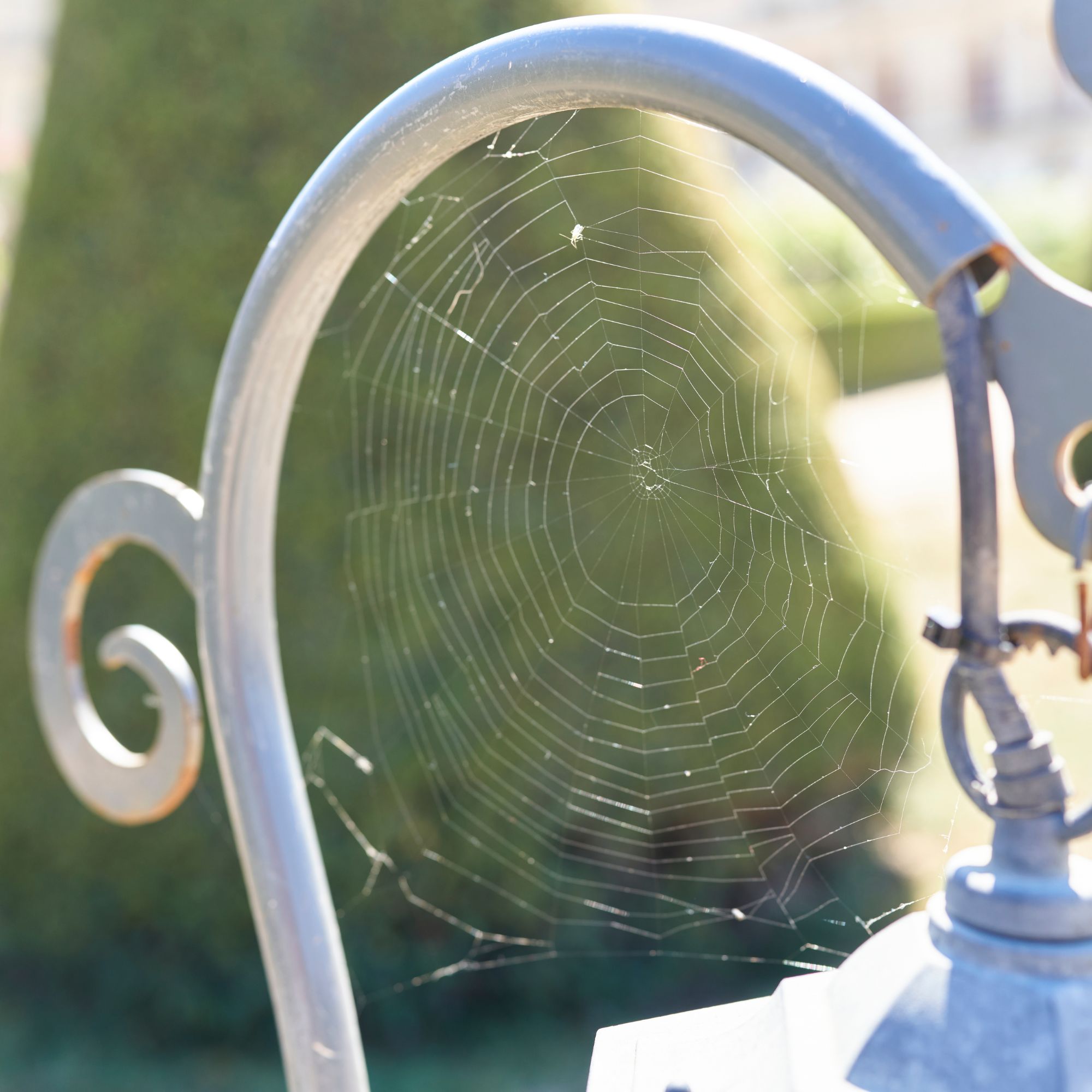
If you don’t mind getting your hands dirty, one of the best ways to keep spiders off garden furniture is to remove them manually. Of course, you don’t actually have to touch the spiders if you don’t want to, as there are many tools out there that can help you out.
In fact, Ideal Home’s Senior Digital Editor, Jenny McFarlane, uses a spider catcher to keep the spiders at bay both inside and outside her home. She says, ‘My go-to is the type with the quick draw brush that safely nestles and lifts them to a preferable spot - AKA away from me! They’re also more humane than the spider catcher vacuum.’
Yes, avoid killing the spiders if you can. Simply moving them elsewhere should do the trick. And while you’re at it, it’s also a good idea to remove the cobwebs and clean your garden furniture regularly so the spiders don’t have anything to come back to.
‘Make sure that you take time in the summer to regularly sweep off any spider webs and wipe down your garden furniture,' advises Alan. 'Just five minutes every other day doing this can help you to keep on top of it and avoid lots of frantic checking that there are no spiders on your furniture before guests come round.’
5. Make the most of furniture covers
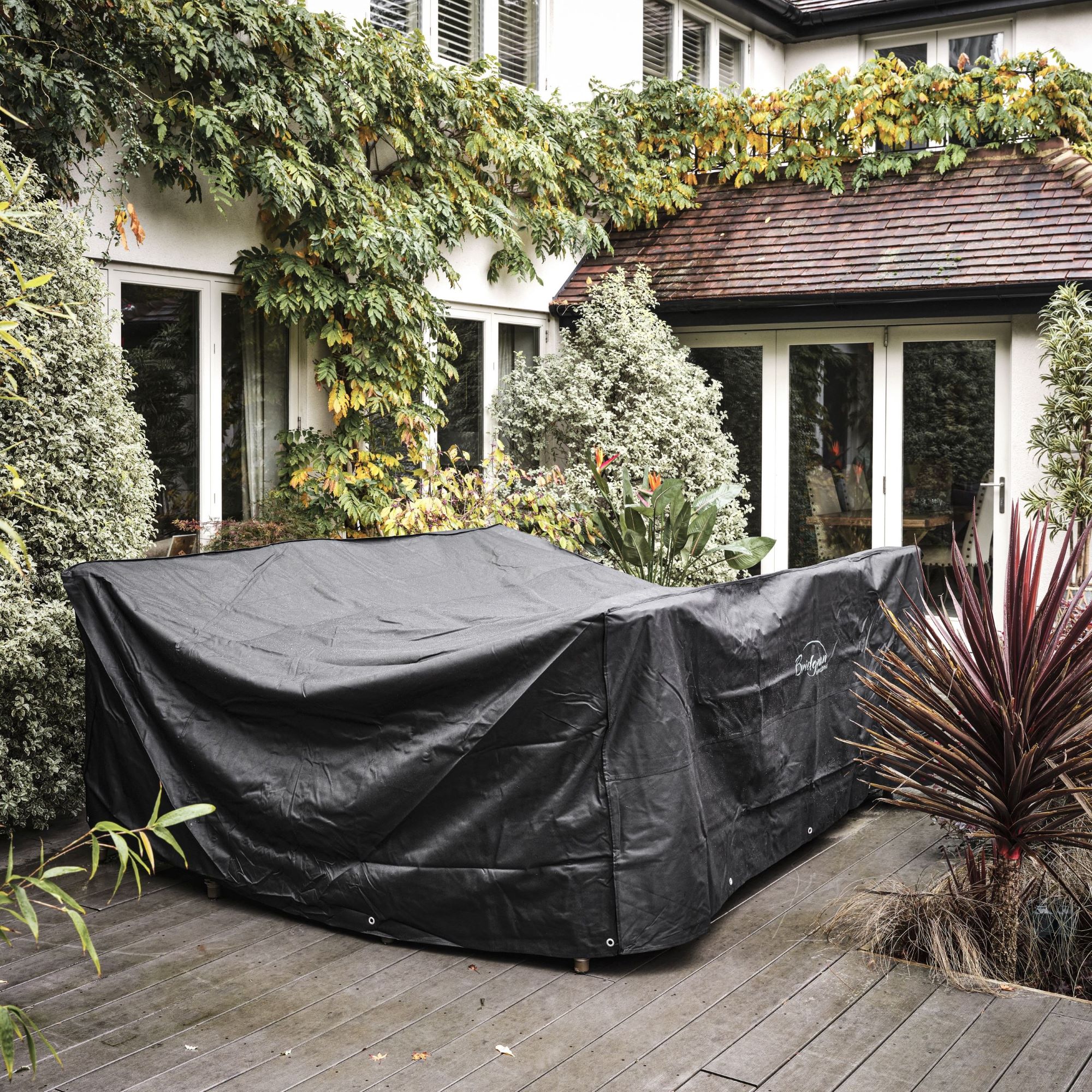
Most of the time, spiders will invade your garden furniture when you’re not there. They’ll take advantage of the fact that they have direct access to the cushions and crevices, and they’ll make a home for themselves in no time.
To prevent this, it’s worth investing in an outdoor furniture cover. This will create an all-important barrier between your furniture and the spiders, keeping them away.
‘Place protective furniture covers over your garden furniture when it's not in use, this will prevent spiders from creating webs on the furniture whilst also maintaining its appearance and quality,' agrees Ryan.
Just make sure that the cover fits your furniture properly. Otherwise, you'll leave gaps for the spiders to crawl up into.
FAQs
How to clean spider webs off outside furniture?
It’s incredibly easy to clean spider webs off outside furniture, and there are a few tools that you can use.
You could either use a brush or soft cloth to wipe over the area and pick up the cobwebs, or you could use a vacuum cleaner to suck it up.
If cleaning spider webs with a cloth, you can also dip your cloth in a mixture of white vinegar and water before wiping to keep spiders away for longer.
Will WD-40 keep spiders away?
Technically, the smell of WD-40 can keep spiders away, but we wouldn’t recommend using it. That’s because the thick, lubricant nature of the solvent can kill the spider - which is unnecessary.
By using WD-40, you risk drowning the spider, as the liquid will coat the entire animal and potentially prevent its ability to breathe.
As there are so many other ways to keep spiders away, it’s not worth using WD-40 for this task. Instead, opt for a more natural alternative that won’t kill them.
Now you know how to keep spiders off garden furniture, it’s time to say ta-ra to these creepy crawlies…

Lauren Bradbury has been the Content Editor for the House Manual section since January 2025 but worked with the team as a freelancer for a year and a half before that. She graduated with a Bachelor’s degree in English and Creative Writing from the University of Chichester in 2016. Then, she dipped her toe into the world of content writing, primarily focusing on home content. After years of agency work, she decided to take the plunge and become a full-time freelancer for online publications, including Real Homes and Ideal Home, before taking on this permanent role. Now, she spends her days searching for the best decluttering and cleaning hacks and creating handy how-to guides for homeowners and renters alike, as well as testing vacuums as part of her role as the Ideal Home Certified Expert in Training on Vacuums, having spent over 110 hours testing different vacuum models to date!

